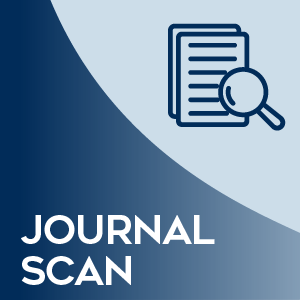Cardiogenetic testing could be more widely implemented if clinicians had improved access to genetic counselors and professionals, clearer guidelines and expanded education, according to a survey of the ACC CardioSurve Panel and published July 7 in JACC: Advances.
A total of 161 cardiologists were surveyed between March and April of 2024 to assess their perceptions of cardiogenetic testing and identify relevant barriers, educational needs, facilitators and clinical applications. The survey was conducted by the CardioGenomic Testing Alliance in partnership with the ACC.
Among study respondents, 80% reported they have ordered or facilitated a referral for cardiogenetic testing for a patient, and 59% had access to genetic counselors. Of note, respondents generally felt confident identifying and referring patients for testing, but only 40% felt confident ordering tests and 31% felt confident interpreting test results.
Additionally, 40% of respondents had not received any training in cardiogenetic testing, and of respondents who had never ordered cardiogenetic testing, 76% did not receive relevant education, emphasizing the need for expanded education for clinicians.
The results of this survey, reported by W.H. Wilson Tang, MD, FACC, et al., highlight the common barriers clinicians face regarding cardiogenetic testing, including perceived high cardiogenetic testing costs, limited access to genetic counselors and lack of confidence in interpreting results. Most survey respondents expressed interest in further education in patient selection, testing procedures and results interpretation.
“These findings suggest that cardiologists recognize the importance of cardiogenetic testing to deliver individualized care for patients with cardiovascular genetic diseases but lack the education and tools to do so,” write the authors. Their findings support the expansion of cardiogenetic testing through “enhancing training with hands-on experiences, increasing access to genetic professionals and clarifying insurance coverage.”
